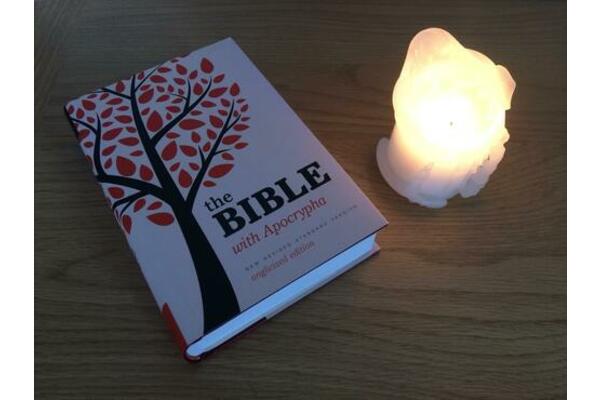For some years now, the observance of Lent has become the most resonant and relevant practice for me in the Christian liturgical calendar. For many years, when my own faith was in doubt, I would use the season of Lent as permission to allow my uncertainties and also my curiosities to surface, often using some form of daily devotional in the hope that the commitment alone to such a practice would draw me closer to God. On occasions, I would choose the season of Lent to go on retreat, allowing the silence to speak in place of words.
I realise now that during those years I was hoping to find my Christian faith, not recognising that my faith was in fact very much alive and present in my life, only that it did not look like an expression of faith that I had grown up familiar with, which is to say that it seemed a lot messier. Looking back, I found something in the period and purpose of Lent that resonated with me on a deeper level than I could find the words for. The desert wilderness that Jesus experienced was a facing of himself, and so too the period of Lent for each of us observing it - acknowledging our messy and broken parts, and then choosing whether and how we will live ourselves into a different way of being with our newfound knowledge.
When I look back on seasons of Lent in the past, and as I look ahead to this season of Lent to come, I realise that what draws every experience together is the act of hope. In every observance of Lent, I have had a deep-seated sense of hope for what it will bring. New insight, hard but important truths, a sense of a way forward previously unseen.
This year I am especially thinking about the privilege to be able to patiently wait, for a mind relaxed enough that can allow learning while waiting, and enough previous experience that facilitates the ability to hope that all will eventually be well. The people we support at Boaz know what it means to wait long beyond the observance of Lent. There are those who have spent more than a decade in liminality; suspended between two places, perhaps not quite feeling a sense of belonging to either. There are those for whom daily life throughout the year means denial – not of their making, but the making of those who decide the course and the shape of other people’s lives and suffering.
If I chart a course back in time, I can think of seasons of Lent past; what I learnt, where I went, how that learning shaped my life as I looked ahead. What then when time stands still, when it doesn’t give way to something new - when a system denies you the chance to move ahead, to carve out a new life, to begin anew, when a person is left suspended in time, in an always wilderness of sorts.
My prayer and practice for this season of Lent is for a changing of hearts from those who enable the endless waiting and for an asylum system that allows people to invest in a hope that one day soon the waiting will end and the fulfilment of desires will finally become possible.
Amy Merone works for the Boaz Trust as our Advocacy and Communications Manager.





